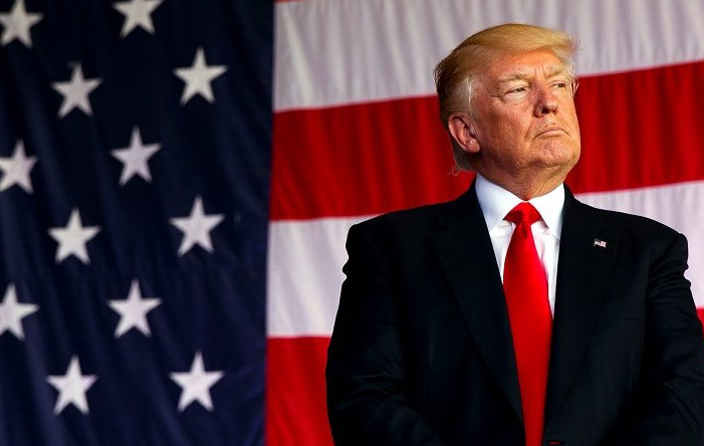What is the constant feature of the atypical negotiations of Donald Trump, now president-elect of the United States?
The first thing that stands out is that he mixed what can be called apples and pears, that is, for example, trade issues with migration or drug trafficking issues.
Before him, the historical negotiations of North American agreements were subdivided in such a way that only each area was discussed separately. Each thematic area was closed independently. At the same time, however, the maxim prevailed: nothing is closed until everything is closed.
Atypical negotiations
Roberta Lajous, Mexico‘s ambassador in retreat, recalled that Mexico has traditionally sought compartmentalized negotiations, especially with the United States, with whom they tend to be complex.
“Let’s see trade with trade and nothing else, migration with migration and nothing else, environment with environment and nothing else border,” she said.
In his recent campaign, Trump threatened to impose import taxes as a key tool to meet U.S. policy goals.
Increased Tariffs
His proposal included a universal tariff rate of 10-20% on all imports of goods into the United States. In addition, he suggested a special tariff of 60% on imports of goods from China, although he later said it would be an additional 10% on top of the tariffs currently applied to China.
Trump also raised the possibility of imposing additional tariffs in specific cases. For example, against imports from companies that move their production outside the United States. Another case would be to apply tariffs to Mexican products if Mexico does not stop the flow of migrants to the United States.
On his last day of campaigning, Trump said he would impose a 25% tariff on U.S. imports of products from Mexico and Canada if both countries do not help to effectively address U.S. migration and drug trafficking problems.
In addition, he proposed imposing even higher tariffs on automobiles manufactured in China but assembled in Mexico. This would also include tariffs targeted at imported electric vehicles, regardless of their origin.
Lajous is co-author, along with Rafael Fernández de Castro, of the recent book Pender de un hilo, detrás de las negociaciones del T-MEC.
Raising tariffs
Since his negotiation to move from NAFTA to USMCA, Trump used the threat of raising tariffs and sought immediate results.
Lajous is co-author, along with Rafael Fernández de Castro, of the recent book Pender de un hilo, detrás de las negociaciones del USMCA.
Since his negotiation to move from NAFTA to USMCA, Trump used the threat of raising tariffs and sought immediate results.
Lajous’ new book seeks to summarize the entire negotiating experience to achieve the USMCA, especially at an interesting juncture when Trump took office in his first term.

